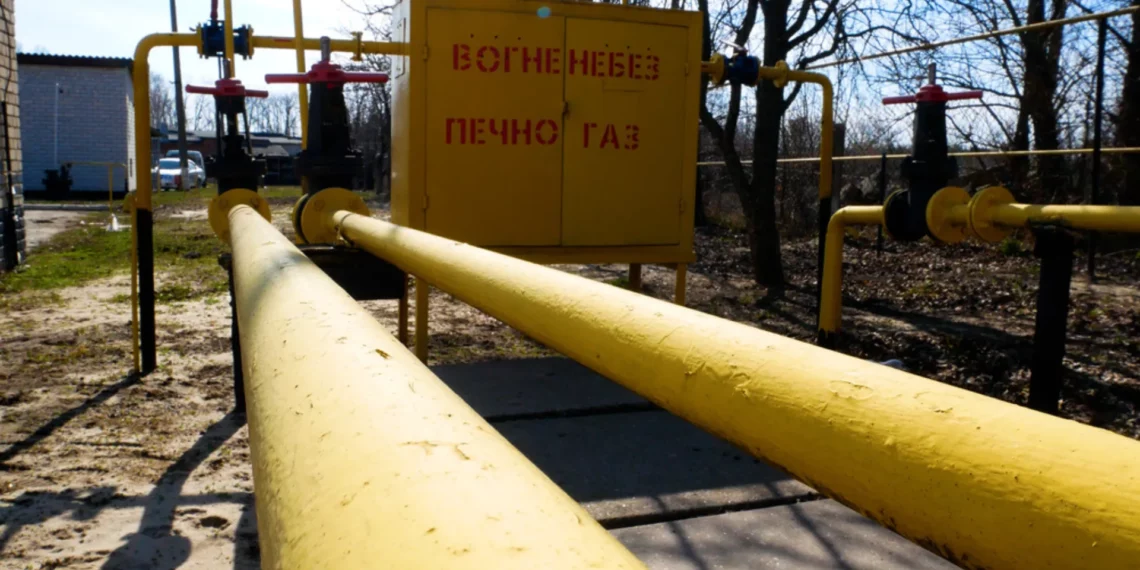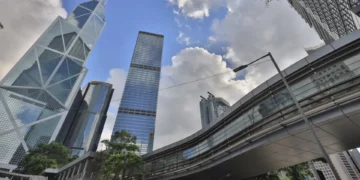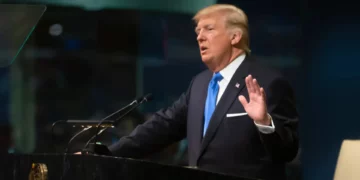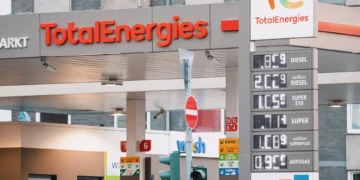The EU did not suggest a ban on Russian gas and LNG imports, but imposed tariffs on them, so the new deals would become economically infeasible.
The European Union proposes to ban new Russian gas deals by the end of the year and phase out current contracts with Moscow by the end of 2027.
The European Commission will release a “roadmap” which outlines its plans to end importing Russian fossil fuels by 2027. The officials said the roadmap would include banning new Russian gas import deals and spot contracts by the end of 2025.
Legally, the EU can ban Russian gas imports through sanctions, but it needs approval from all 27 EU countries.
Slovakia and Hungary want to maintain close political connections with Russia, so they want to block sanctions. The two countries import gas through the Turkstream pipeline and claim that moving to alternatives will raise energy prices.
The European Commission suggested that it will propose alternative substitutes that will be accepted by a reinforced majority of countries, even though a few oppose them.
EU diplomats claim that in a closed-door meeting, all EU countries, except Hungary and Slovakia, accepted the proposal to outlaw Russian gas. However, some raised concerns about the legal certainty of the EU plan and its potential effects on energy prices.
They did not suggest Russian gas and LNG imports ban, but rather put tariffs on them, so that the new Russian gas deals would become economically infeasible.
EU taxes on Russian fertilisers could be an example of how this could work. The EU imposed tariffs on them, increasing its price to 430 euros ($481.21) per ton, a “prohibitive” level to stop imports.
Such charges would force European companies with long-term contracts with Russian gas to claim that these regulations made the terms unsustainable and exit the deals.
Lawyers have warned that businesses may be penalised financially for doing it.
Governments want more transparency about the Russian gas trade. They suggest that EU biofuel imports can be tracked through the European Commission’s “Union Database” platform, designed to track biofuels within the EU’s transport sector. So that they can identify the companies trading Russian gas, allowing officials to target suppliers or traders violating the ban.
Commission’s June proposals also need the companies to reveal the deals about their gas deals with Russia.
If they were to impose tariffs, it would affect around two-thirds of Europe’s imports of Russian gas, under long-term contracts, which the EU plans to stop by the end of 2027.
Russia supplies 19% of EU gas imports through LNG and the TurkStream pipeline that supplies Slovakia and Hungary.
This is far less than the amount of almost 45% gas that Russia provided to Europe before its full-scale invasion of Ukraine in 2022. Its share is expected to drop even further to 13% after its exports to Europe via Ukrainian pipelines ceased at the end of 2024.
Most EU countries have moved to other options from Russian pipelines. Austria, which received Russian gas through Ukraine until late 2024, now imports from many suppliers through Germany and Italy. But that is not the case with Hungary and Slovakia, since moving to alternatives might cost them.
According to a report by the Center for the Study of Democracy, Russian pipelines were sold at a discount of 13-15%.
The scene is different for liquefied natural gas. Belgium, France, and Spain import most of the Russian LNG through Europe and can easily shift to alternatives like importing from the United States, which the European Union is already under pressure from US President Donald Trump to do so.
However, companies like TotalEnergies, SEFE, and Naturgy are still in long-term contracts with Russian LNG, which will continue into late 2041.
















